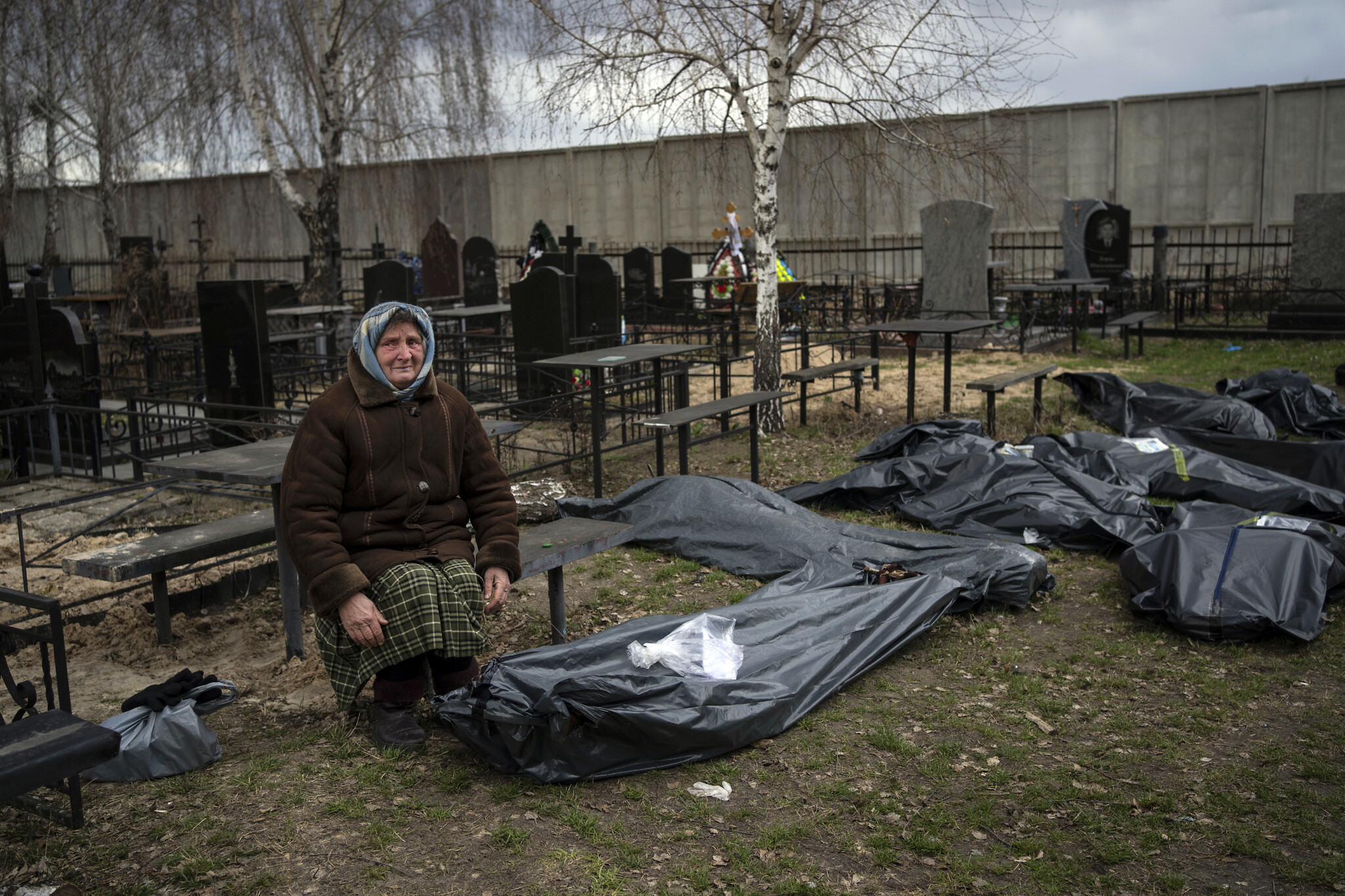The United Nations (UN) has said that more than 10,000 people have been killed in the Russia-Ukraine conflict which erupted in February 2022.
This was stated by the UN High Commissioner for Human Rights, Volker Turk, on Tuesday when he briefed the UN Human Rights Council in Geneva on the Russia-Ukraine conflict.
“The situation in Ukraine has been added to a litany of continuous suffering, and the world’s attention seems jaded by the multiple crises that we face,” Turk said.
The commissioner stated that he feared how the entrenched Russia-Ukraine conflict would impact lives and human rights for generations to come.
He stated that the documentation presented to the UN assembly continues to indicate gross violations of international human rights law, serious violations of international humanitarian law and war crimes, primarily by the forces of the Russian Federation.
The UN commissioner explained that the violations include 142 cases of summary execution of civilians since February 2022, in territory controlled by Russian Armed Forces or occupied by the Russian Federation.”
According to the report, the majority of civilian casualties, 86 per cent, occurred in territory controlled by Ukraine, while the remaining 14 per cent – areas under Russian control.
Turk added that “as the war in Ukraine becomes even more protracted & entrenched, we must remember that Ukrainians have a right to live in peace.

“There is only one solution to this tragic & far-reaching conflict: cessation by Russia of its violence against Ukraine.”
The UN further called on both sides especially the Vladimir Putin-led Russian government to stop the launch of missile attacks as over 1,300 education and health facilities have been damaged or destroyed since February 2022.
He added that more than 100 incidents were reported in the last four months in the ongoing Russia-Ukraine conflict, adding that mines and explosive materials continue to threaten lives.
Türk also voiced worry regarding convictions by the Ukraine government on its legal acts and requested authorities to narrow the meaning of the term “collaboration” during prosecutions.

In the documentation presented, as of November 30, police in Kyiv had filed some 8,600 criminal accusations against people for allegedly collaborating.
The majority of the cases concluded with the accused being detained until their cases were moved to trial.
Numerous people have been found guilty of crimes for actions that may have been legal, such as trying to keep schools and social services open in occupied areas.
Concerns about religious and belief freedom in Ukraine were also raised by the High Commissioner, considering Kyiv’s ongoing actions against the Ukrainian Orthodox Church.
/cdn.vox-cdn.com/uploads/chorus_asset/file/23307938/AP22070654665640.jpg)
He further stated that a proposed law under consideration might potentially result in the dissolution of any religious organisation having connections to Russia, in violation of international human rights law.
Türk made a plea to all States to insist that both sides—especially the Russian Federation—take prompt, resolute action to adhere to international humanitarian law and human rights standards.
The UN also demanded that explosive weapons be banned from being used in populous places, that reports of breaches be promptly looked into, and that those who use them should be held accountable.


